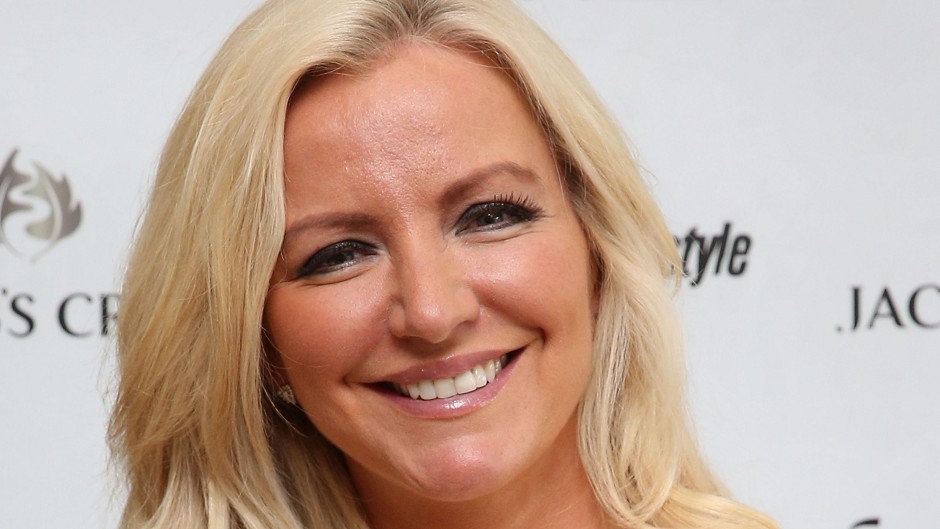An online venture backed by Scottish bra designer Michelle Mone and former F1 champion Nigel Mansell is banking on British social media users to drive growth.
Social Superstore, dubbed the “Pintrest that pays”, allows people to post, review and market items on an online platform that links buyers straight to retailers and gives users a small slice of the sales.
Firms such as John Lewis, Marks & Spencer, Mr Porter, Topshop and Nike have signed up as retail partners, paying users and the site commission for every item sold – anywhere from 5% to 15%.
Non-executive chairman and co-founder Matthew Hammond said it was inevitable that e-commerce and social networks would eventually converge.
“To me it’s simply the next shoe to drop in what I might describe as the social commerce revolution, or social networking revolution. Social networking essentially continues to get bigger and bigger… and the next step in commerce is clearly that individuals get to sell,” he said.
Social Superstore has attracted investments worth £4million and has more than 5,000 user-run stores that have driven more than £175,000 in sales since its soft launch in August.
It has since been backed by the likes of Ultimo lingerie founder Mone and British former racing driver Mansell, who also run personal stores on the website.
“We’ve seen a number of relatively high-profile celebrities, footballers, some people from the F1 world and things like that, who are actually earning… relatively significant amounts of money (through the site),” Mr Hammond said.
However, Mr Hammond said the company is mainly pitching Social Superstore to individuals and charities as a way to earn some extra cash, without the need to stock or store deliveries, bill customers or manage staff.
Mr Hammond, who also serves as the chief financial officer of the Russian web portal and email provider Mail.ru, said it had been difficult to introduce e-commerce on well-established social media sites such as Facebook or Pintrest.
Pintrest’s short-lived buy button lacked retailer integration and an oline checkout, but ran against expectations, Mr Hammond said.
“When they tried the buy-it button, the users didn’t want it, because the user hasn’t signed up to Pintrest to buy and sell anything. They signed up to Pintrest to look at stuff they like and it’s proven difficult to transition those users to new things.”
Facebook’s Marketplace – which launched in October – has struggled to gain traction because users do not like being markrted to “in a way they sort of didn’t expect,” Mr Hammond said.
Mail.ru previously had a stake in Facebook and is now the owner and operator of Russia’s largest social media website, Vknontakte.
Social Superstore is contending with a relatively small base of 25,000 monthly active users, compared with Facebook’s 1.79 billion, but is hoping to ramp up to more than 10 million users withing one to two years, with plans to expand in western Europe, Australia and the US.
